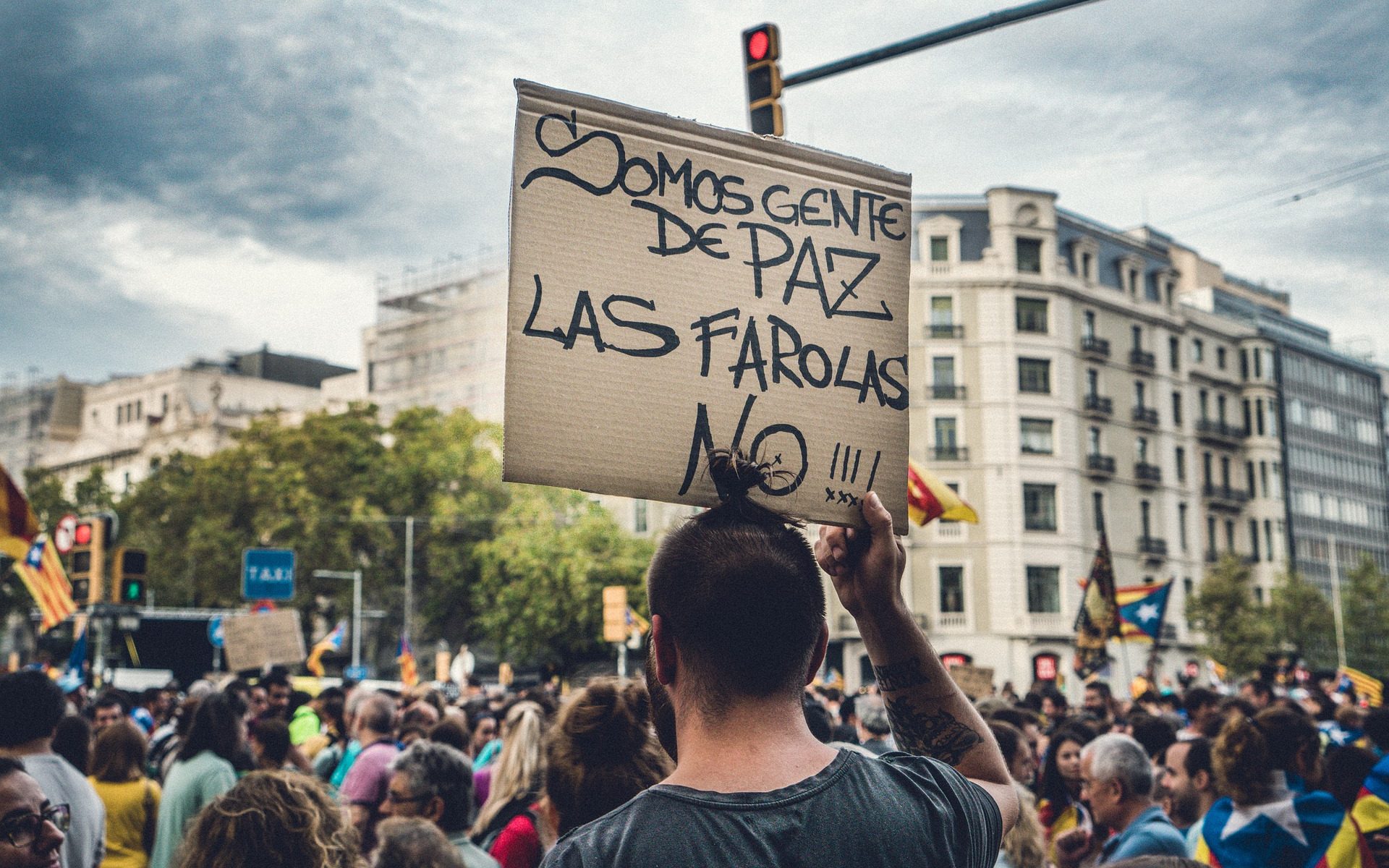Feminine noun. From the Latin evincere with the meaning of “winning in a litigious situation”. It is a term of specifically legal use that supposes the existence of someone who has legally acquired an asset affected by a legal defect that they were unaware of (for example, the object was seized, mortgaged or subjected to a usufruct) and that fact causes the new owner to be stripped by court ruling in whole or in part of what he/she bought, since there is a previous creditor or someone with a better right.
In Legal Spanish, we have an expression: sanear la evicción. You will see it often in contract clauses. The noun is el saneamiento de la evicción (also saneamiento por evicción). It refers to the obligation that corresponds to the seller of a thing when the buyer is stripped or disturbed in all or in part. The seller must protect the buyer in the ownership and use of the thing. The saneamiento de la evicción also includes responding for the hidden vices of the thing.
Besides that, the English term ‘eviction’ is translated into Spanish as desalojo. The verb is desalojar. dc
La palabra del día: Conceder
Verb. To give, grant, do mercy and grace of something. E.g.: Se ha suspendido la práctica anterior de conceder un día libre a los trabajadores para donar sangre: The previous practice of allowing employees a day off work to donate blood has been discontinued. The noun is la concesión.
As you can see, conceder is almost a perfect synonym of otorgar, but, there is a difference in the noun: in economics la concesión means something slightly different than el otorgamiento.
In economics and administrative law, a concesión is the granting of the right to exploit, for a specified period, goods and services by one public Administration or company to another, generally private. E.g.: Sacyr firma su nueva concesión de autopistas en Italia de 2.700 millones de euros: Sacyr signs its new motorway concession in Italy of 2,700 million euros. dc
La palabra del día: Desalojar
Verb. To take someone or something out of a place. E.g.: En varios países se desalojó a familias de sus hogares por la fuerza para dar cabida a proyectos de desarrollo o urbanización: Families were forcibly evicted from their homes in a number of countries in order to make way for development or urbanization projects. The noun is el desalojo. dc
La palabra del día: Fianza
Feminine noun. From the Latin fedare, faith, security. In legal Spanish, in the strict sense, it is a personal guarantee, by virtue of which a guarantor (fiador) guarantees the fulfillment of a specific obligation. The fiador is a third person, outside the main obligation, who guarantees its fulfillment, committing to fulfill what the debtor (deudor principal) has not fulfilled himself. E.g.: Juez traba embargo a fiador de Wilmondes: Judge seizes Wilmondes’ warantor.
Fianza also refers to the delivery of an amount of money as collateral for certain obligations. E.g.: Libre bajo fianza hombre de 31 años que agredió a su pareja en Arecibo: Free on bail 31-year-old man who assaulted his partner in Arecibo. dc
La palabra del día: Dolo
Masculine noun. From the Latin dolus, trap, trickery. From dulus also derive the adjective doloso/a/s and the noun duelo, grief, duel.
In Legal Spanish, dolo is the malicious will to deceive someone, cause harm or breach an obligation.
To have dolo, the harm caused has to be the same the commitment had in mind when they acted. If the harm caused is bigger that the one intended, we are in front of a delito preterintencional. This is important because the concept of delito doloso is usually translated as intentional crime, and, as you can see, it doesn’t actually mean that. dc
La palabra del día: Fusión
Feminine noun. Integration of two or more companies into a single entity. E.g.: La fusión de las dos compañías beneficiará a ambas: The merging of the two companies will benefit both; Unicaja y Liberbank confirman que la fusión se ejecutará en las próximas semanas: Unicaja and Liberbank confirm that the merger will be carried out in the coming weeks
The verb is fusionarse and the colocation is fusiones y aquisiciones: mergers and acquisitions. E.g.: Viajes El Corte Inglés y Logitravel se fusionan para crear un líder global en el sector de viajes: Viajes El Corte Inglés and Logitravel merge to create a global leader in the travel sector. dc







